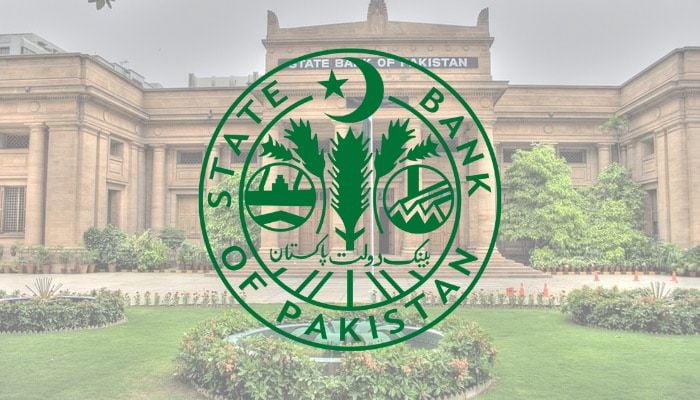
The State Bank of Pakistan (SBP) has instructed commercial banks to enter Phase II of the Basel III reforms, intended to enhance the country's banking system and align with international regulatory standards.
The revised framework will be implemented on a parallel-run basis to June 30, 2026, allowing banks to submit capital adequacy reports under both old and new rules so SBP can address industry feedback before final implementation.
What is Phase II of Basel III reform?
Basel III is a global regulatory framework established by the Basel Committee on Banking Supervision (BCBS), which emerged after the 2008 Global Financial Crisis exposed weaknesses in financial systems globally.
Its purpose is to make banks safer and more resilient to shocks to the economy.
While Phase I of Basel III was focused on improving banks' capital buffers, introduced liquidity, leverage ratios and rules concerning systematically important banks, Phase II largely focuses on more technical enhancements.
These enhancements include amending the manner in which banks determine the risk weights mechanisms for loans and assets, modifying leverage ratios, and improving internal practices around risk management.
As part of the rollout, the SBP also issued revised instructions on the Standardised Approach for Credit Risk, which requires banks to incorporate credit ratings exclusively from credit rating agencies recognised by the SBP into capital adequacy determinations on applicable exposures.
Banks are required to consistently apply the same recognised agencies (ECAIs) towards all claim types to preclude "cherry picking" ratings from multiple agencies to deliberately reduce their risk.
Under the new rules, 0% risk weight will apply to cash, gold bullion, and national prize bonds held by banks, while cash items in collection will carry a 20% risk weight.
Claims on the Government of Pakistan and SBP in PKR will also be assigned a 0% risk weight.
















